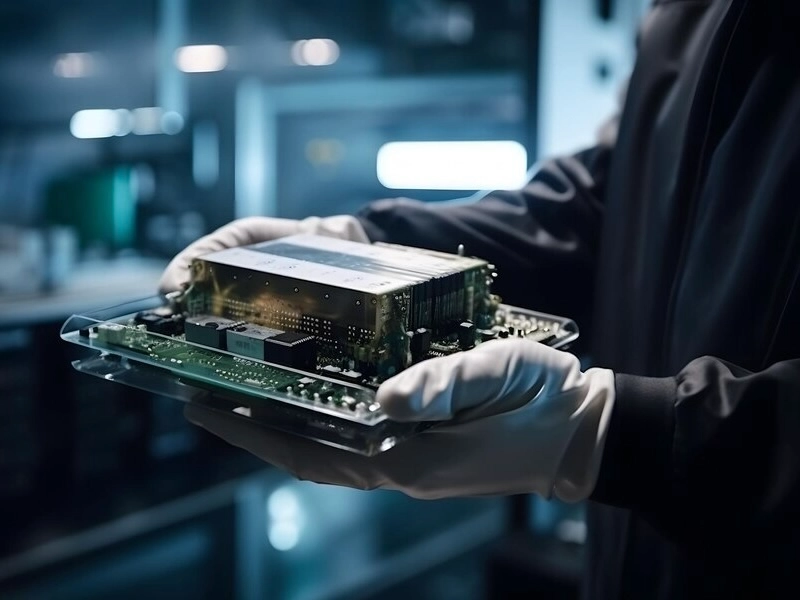- The European chip industry should prioritise its strengths in research and chipmaking equipment, the CEO of semiconductor research firm IMEC said.
- IMEC announced a €2.5 billion pilot line for researching future generations of chips, more advanced than the 2-nanometre technology currently in production.
- Europe should attract investments from global chip manufacturers like TSMC, Intel, and Samsung instead of building its own sub-2 nanometre foundries.
The CEO of IMEC, a semiconductor research firm, has emphasised the need for the European chip industry to focus on enhancing its existing strengths in research and chipmaking equipment production rather than striving to establish a cutting-edge chip manufacturing presence.
European technology’s role
“You can’t make an advanced chip without European technology,” Luc Van den Hove told reporters at the ITF World conference on Tuesday. He cited the example of ASML, the world’s largest chipmaking equipment manufacturer, which depends on German optics and IMEC’s research capabilities. Furthermore, Europe is home to several vital equipment companies, such as ASM International, which play a significant role in the semiconductor supply chain.
Earlier at the conference, IMEC announced its plan to host a €2.5 billion pilot line aimed at researching future generations of chips, which are anticipated to be more advanced than the current 2-nanometre technology.
Also read: Japan to partner with EU in researching chips and EV materials
Focus on global partnerships
Van den Hove expressed scepticism about the feasibility of establishing a domestic European chip company or startup capable of building a commercial plant for sub-2 nanometre chips. “Whether we should build our own sub-two nanometre foundry, I have my doubts whether that makes sense to say it mildly,” he said. He pointed to Japan’s Rapidus, which is attempting such a venture with government support, as a complex endeavour. Instead, he advocated for Europe to attract investments from the major global logic chip manufacturers—TSMC, Intel, and Samsung.
At present, only Intel has concrete plans to build a major plant in Europe, specifically in Magdeburg, Germany, which will produce chips more advanced than 2 nanometres. Meanwhile, TSMC has announced plans for a plant in Dresden, Germany, which will produce chips using less than 22-nanometre technology, a slightly older generation in industry terms.
Also read: Microsoft unveils AMD alternative to Nvidia AI chips
Mitigating geopolitical risks
Van den Hove highlighted the importance of legacy node manufacturing, which remains critical despite advancements in chip technology. “We have to make sure that we avoid a shortage of legacy nodes, because in China, there’s a lot of capacity being built up on legacy nodes,” a potential geopolitical risk, he said. Europe, he suggested, must ensure it does not face a shortage in this area.
Europe also has strong legacy node chipmakers of its own, he said, naming NXP, Infineon, Bosch, and STMicroelectronics as “all leaders in their specific segment”.

